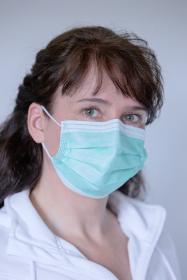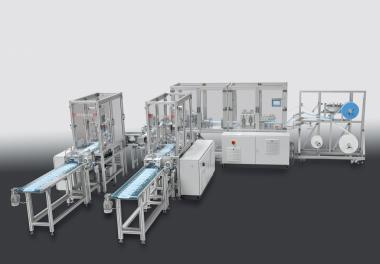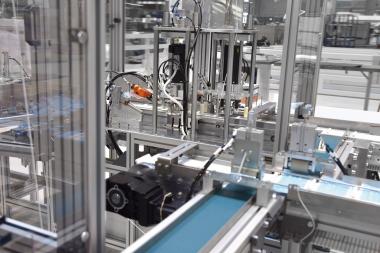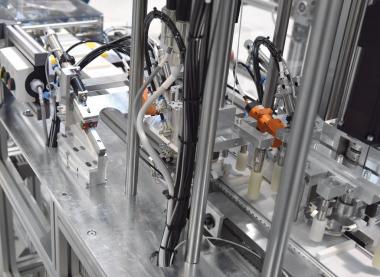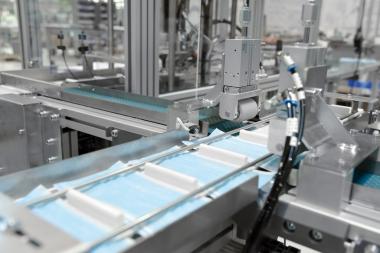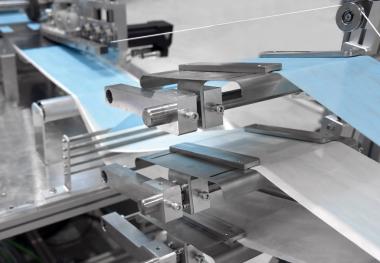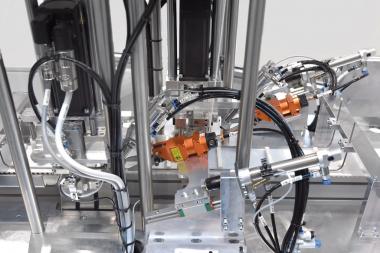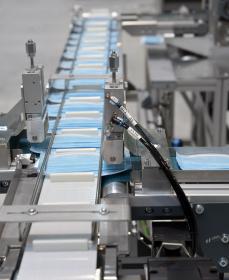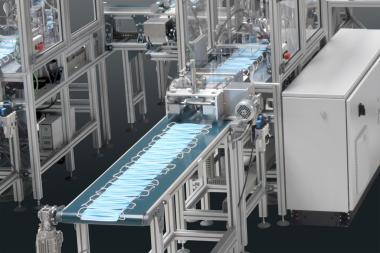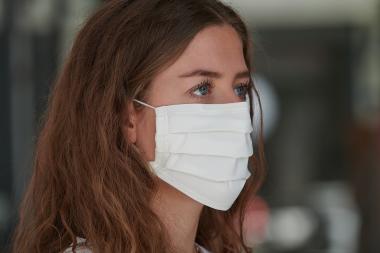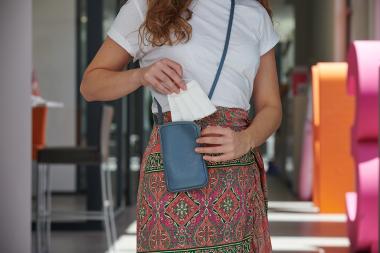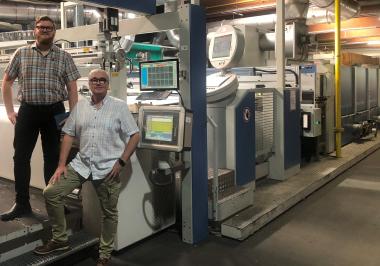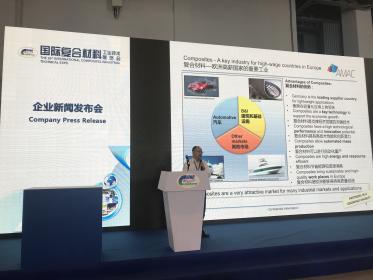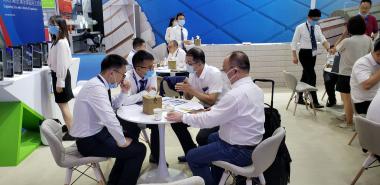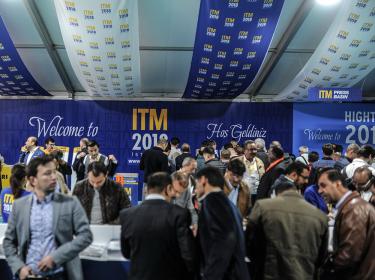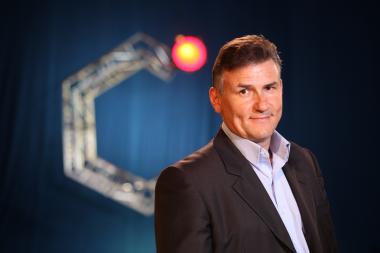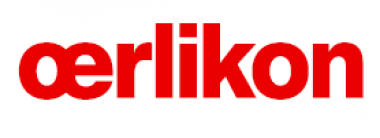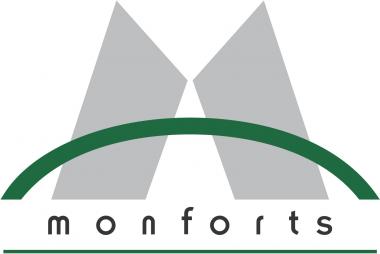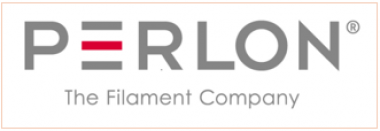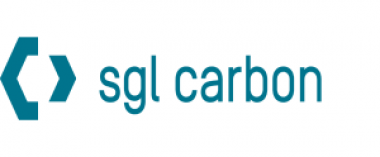Production capacities for European supplies of protective equipment expanded
Neumünster/Troisdorf, Germany, December 3, 2020 – just a few days ago, the second newly-delivered Oerlikon Nonwoven meltblown system was commissioned at Innovatec’s state-of-the-art machine park. With it, the nonwovens manufacturer – based in Troisdorf in North Rhine-Westphalia – immediately started producing polypropylene filter nonwovens: in particular for use in protective face masks, which have been increasingly in demand since the start of the coronavirus pandemic and whose domestic manufacture is being supported by the Ger-man Government. Here, the highly-efficient Oerlikon Nonwoven meltblown technology from Neumünster is supporting the production of these highly-effective filter media.
“Back in June 2020, Oerlikon Nonwoven delivered the first so-called 2-beam system to Innovatec”, reports Rainer Straub, Head of Oerlikon Nonwoven. Together with the second production line, the Troisdorf-based enterprise has been able to almost double its filter nonwoven output to date. The North Rhine-Westphalian company now has filter media production capacities that can be used to manufacture up to 2.5 billion operating room filter masks or a billion highly-effective FFP2 masks per year.
The, according to its own information, leading manufacturer of meltblown mask nonwovens in Europe is participating in the German Government’s ‘Nonwovens Production’ grant program to ramp up its output capacities and has for this reason already received a visit from top German politicians, including Federal Minister for Economic Affairs Peter Altmaier and North Rhine-Westphalia Minister President Armin Laschet. Together, politicians and industry want to ensure that the production capacities for protective equipment continue to grow in Germany and that above all critical supply chains are secured at both national and European levels. And companies such as Innovatec and Oerlikon Nonwoven are actively contributing towards this.
Oerlikon


